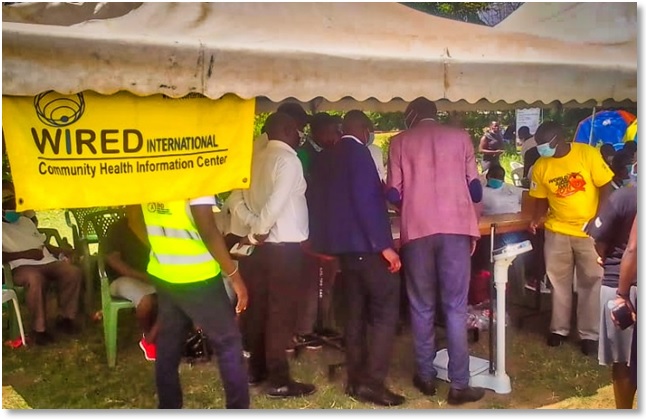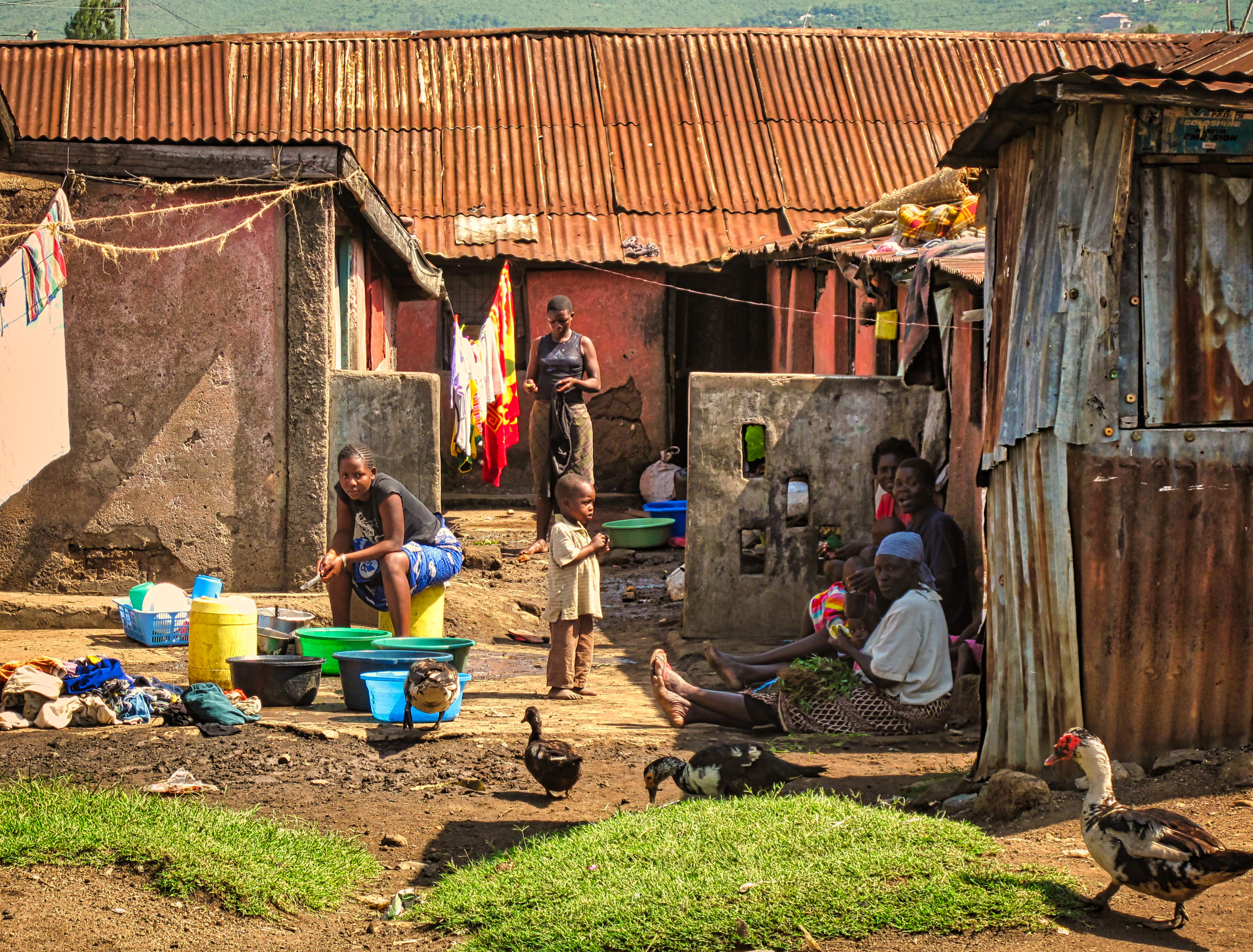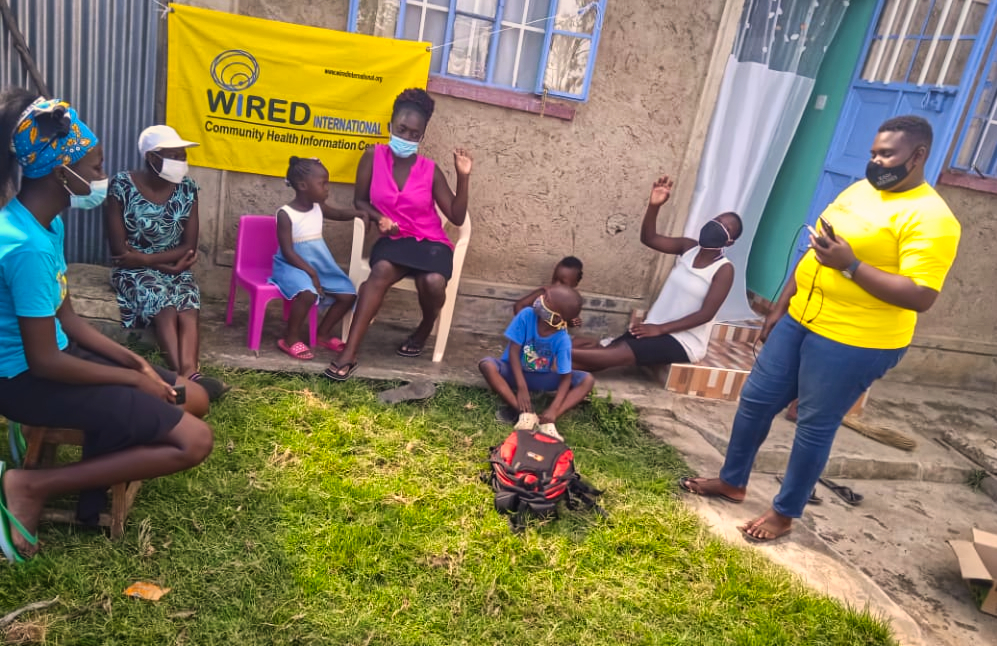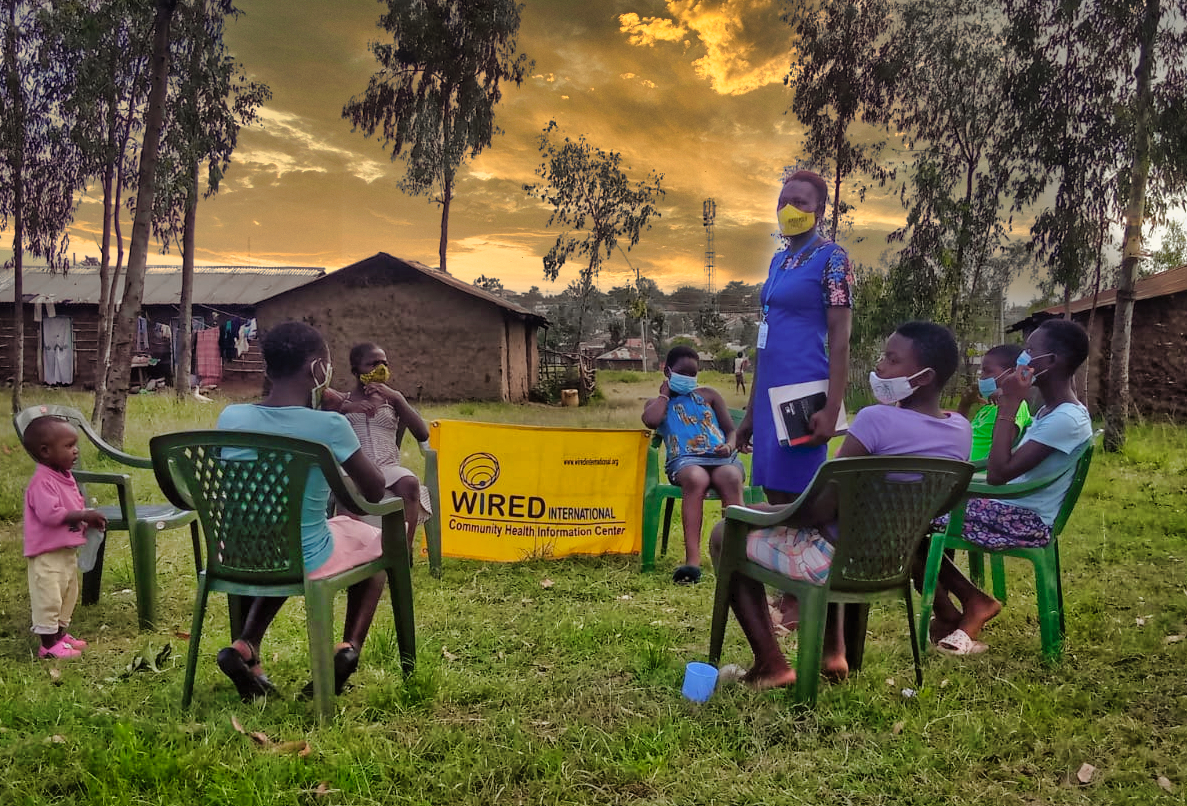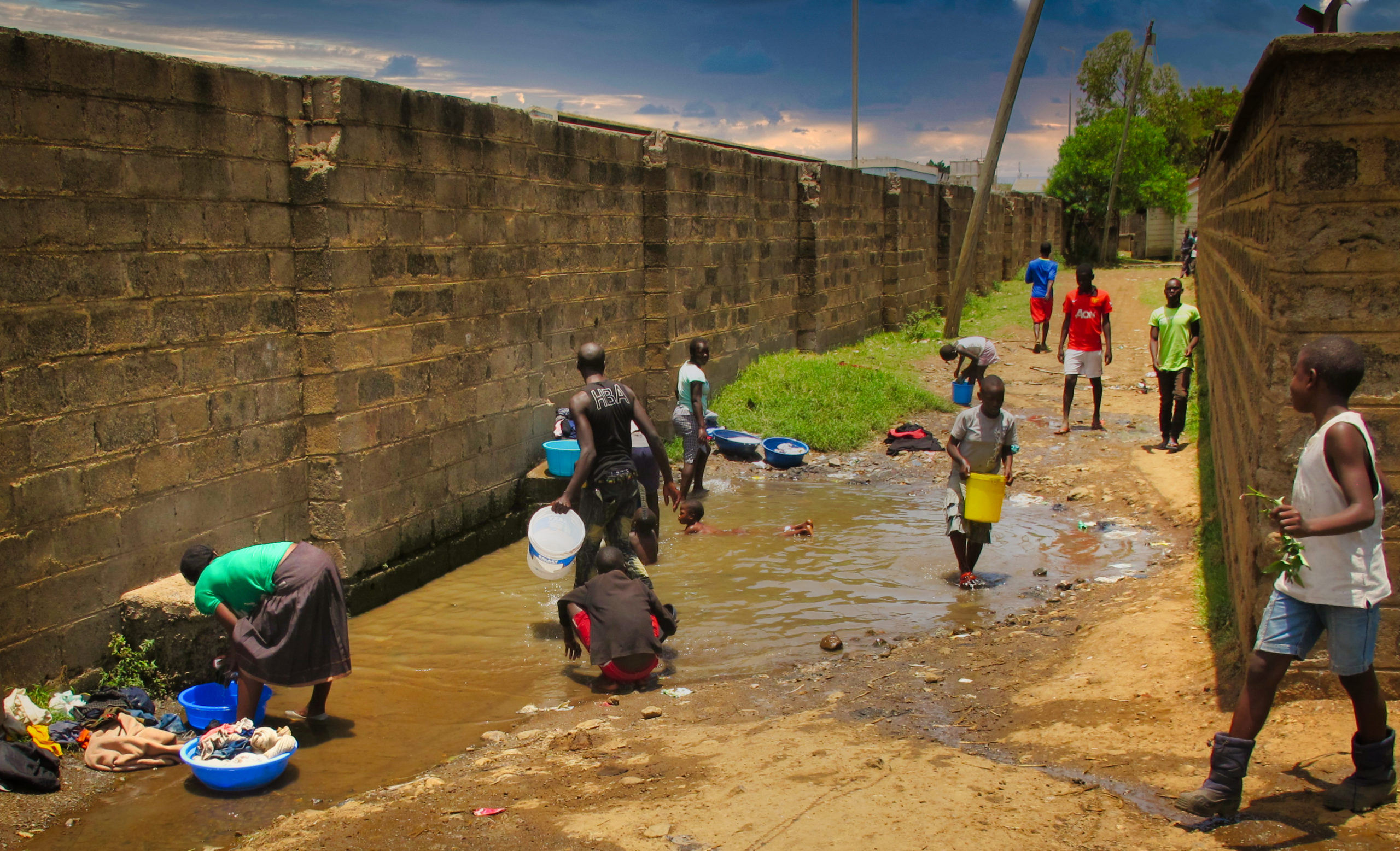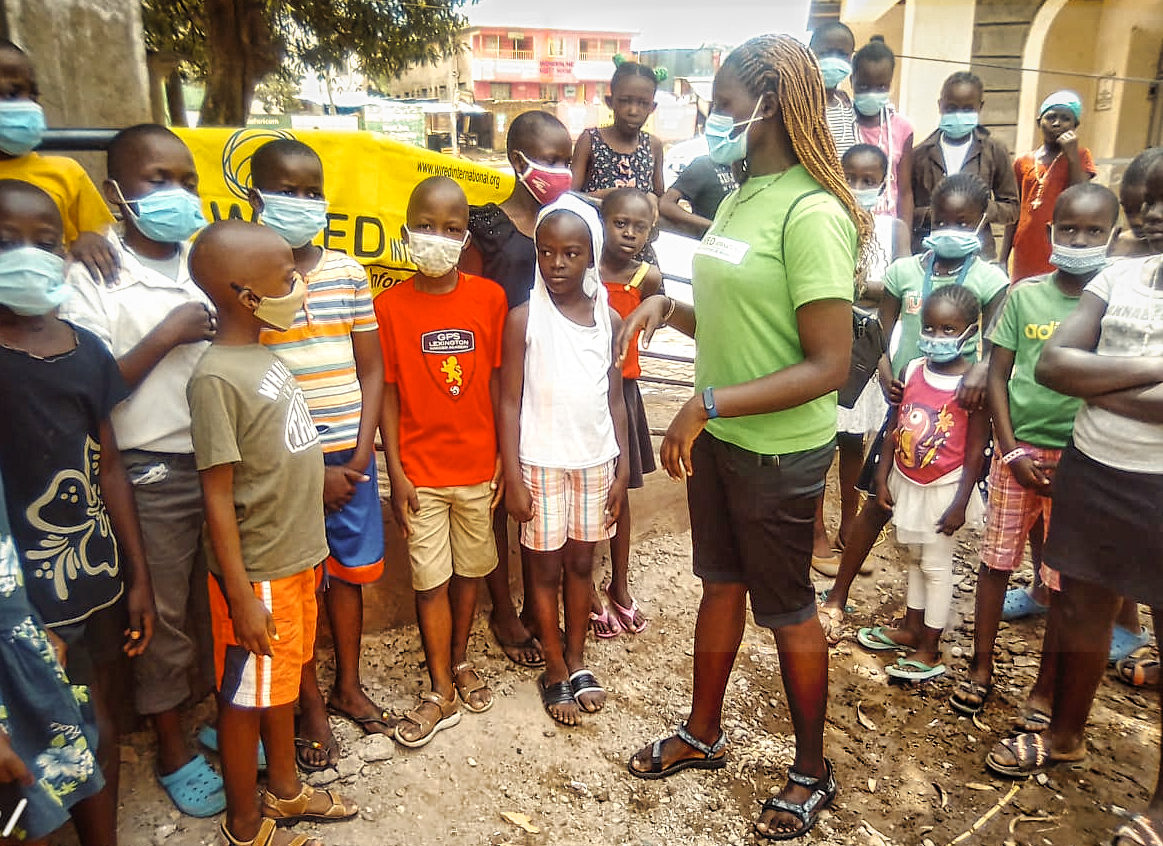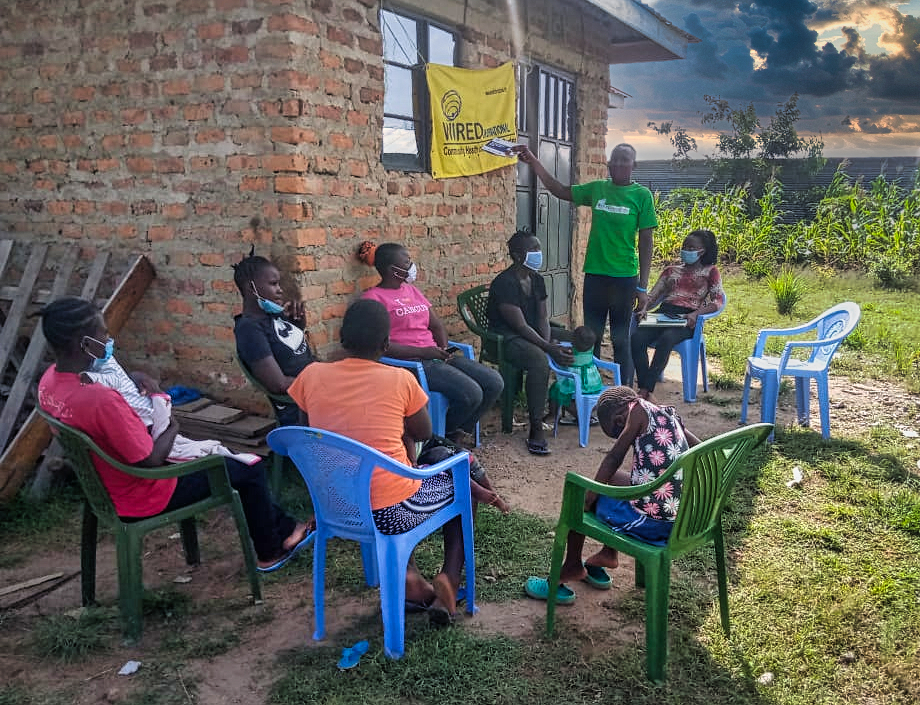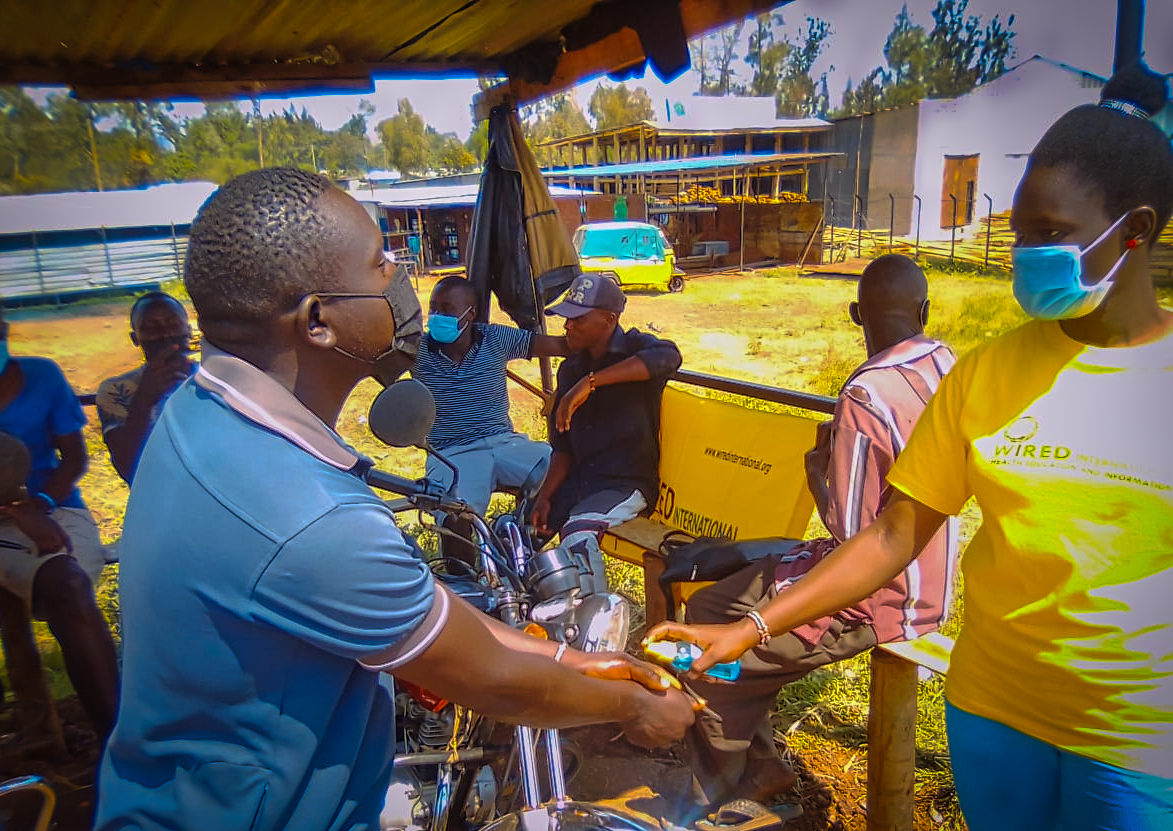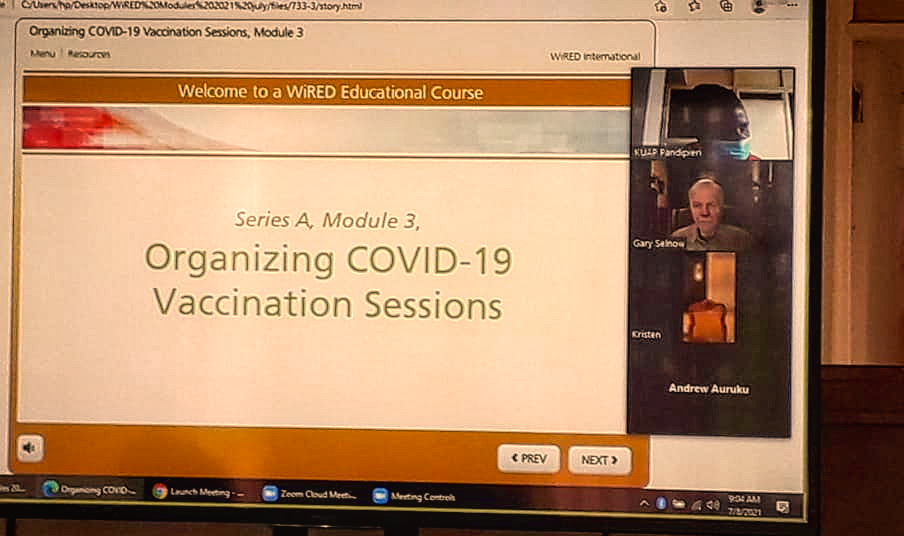During the month of September, 12 WiRED International community health workers in Kisumu, Kenya, reached a total of 5,382 people with health services. COVID-19 was the primary concern while other issues addressed included malaria, handwashing, HIV/AIDS, nutrition and first aid.
Throughout Africa, and in nearly all low-income regions around the world, CHWs augment the professional medical corps by offering critical medical and public health services. They provide community health education, basic clinical services, health surveillance, mother and child assistance and much more.

